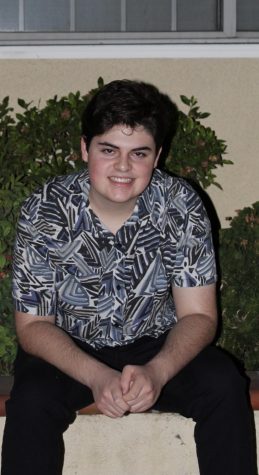N.B.A. Players’ Strikes: What’s Going On?
September 20, 2020
In wake of the recent police shooting of Jacob Blake in Kenosha, Wisconsin, the Milwaukee Bucks of the National Basketball Association (N.B.A.) decided to boycott their Game 5 playoff matchup against the Orlando Magic on August 26th. This decision sparked an unprecedented event in the sports world: A boycott by an American sports team due to the need to bring attention to injustice.
Other sports teams followed the Bucks in the boycott. For this moment, it was clear that the athletes of the major American sports leagues were ready to halt their play to bring attention to the issue of systemic racism in the United States. However, it feels that that moment didn’t last as long as it should have.
Following the players’ boycott, N.B.A. owners and commissioners decided to postpone the remaining playoff games for the following days. The players originally had made their stance clear; they felt that in their current situation (the N.B.A.’s Orlando, Fla. “bubble” where the 2019-20 playoffs were being held due to the COVID-19 pandemic), they were powerless in making change after the shooting of Jacob Blake. Members of the Toronto Raptors along with other teams discussed leaving the bubble all together to lead protests for change in their own communities. The players were angry — and rightfully so — and they simply felt too overwhelmed with the idea that a game was somehow important in a time like this. The continuation of the playoffs felt like a distraction to many.
However, when the players met following the strike to discuss continuing the playoffs, only two teams voted to cancel the season. The sudden change of opinion was due to the N.B.A’s owners’ “promise” to be more active in fighting against issues such as systemic racism and the wrongful policing of Black lives. However, it feels like the owners were effectively trying to silence the players’ grievances, masked by a supportive social justice message.
It wouldn’t be the first time the owners of the league pulled this off. After the murders of George Floyd and Breonna Taylor at the hands of police, many players had felt the same way about playing basketball right now: that it would be a distraction. However, the players decided to continue after the N.B.A. put “Black Lives Matter” on the basketball courts but didn’t really offer much of a path towards making real change.
Overall, though, it feels impossible to blame or criticize the players for their decision to continue playing. Perhaps it wasn’t really a “boycott” in the first place, but the continuation of the season could mean a few things: that the cancellation of the season will unfortunately not stop police from abusing their power to harm Black people. It’s important to recognize that the players not playing wouldn’t put an end to any of the issues that they’re speaking out against; they unfortunately do not have that power. The people with real power to make change are those in the teams’ front offices with billions of dollars to their name. The tragedy of this is that the owners probably will not do much in the end, but continue to partake in performative activism. Instead of putting their words into action, they’ll continue to say “Black Lives Matter” while they remain complicit in the injustice, and their pockets remain full.
If there is something positive to take out of these events, it’s proof that more and more people are becoming aware and active in the fight against injustices in the United States. With the murders of Breonna Taylor, George Floyd, and the shooting of Jacob Blake, and many more Black people at the hands of police officers, many have come to realize that change is not only necessary, but should be demanded.



